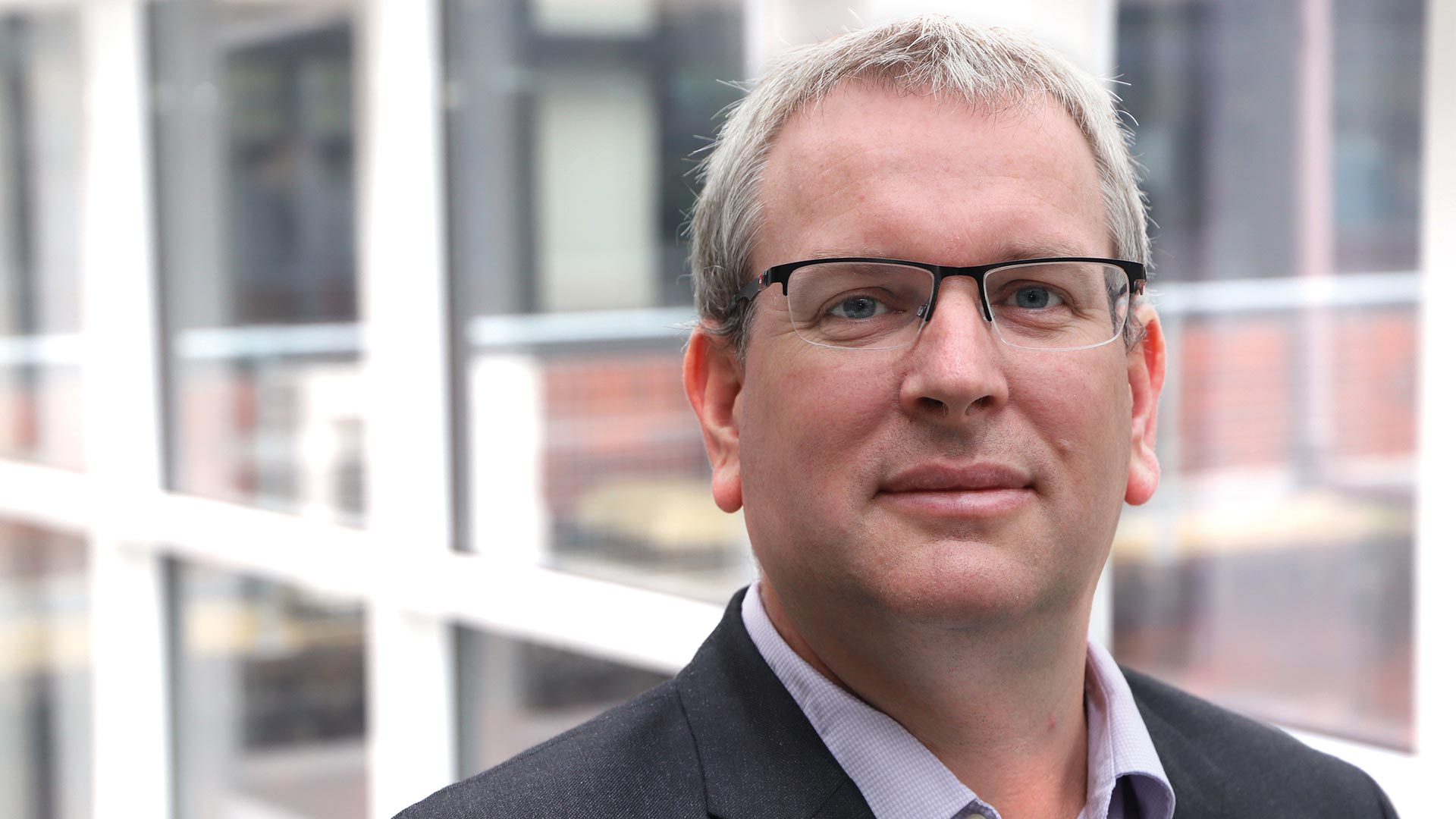Pennon Group is a UK water utility and recycling and waste management company. As one of the largest environmental infrastructure groups in the country, it is down to its Head of Treasury, Chris Tregenna, to deliver a service that keeps the business flowing smoothly.

As a major environmental infrastructure business, to what extent is sustainable finance on your radar?
We are investing heavily in some key sustainability targets and the majority of Group debt is now being executed as sustainable finance. This sees us working closely with investors, banks and external agencies to better understand what needs to be achieved in order to qualify. To do this, we have ensured treasury has become a central pillar of the business – and we are certainly dedicated to supporting sustainable projects across the business. Increasingly, the scope of the Group’s large capital projects dovetail with our desire, where possible, to access sustainable finance.
As a water utility and waste management company, our infrastructure improvement projects by definition, have positive social and environmental impacts. But because sustainable funding is contingent on meeting strict guidelines, treasury needs to go out to the business, discussing these major capex projects, probing how these align and integrate with the rules of sustainable finance. But given the strength of commitment to using sustainable finance within Pennon, we can even influence the way a project is executed.
Does this make treasury a strategic player at Pennon Group?
It does. And if the business units once rarely considered the source of their funding, they surely do now. With the low interest environment and a rising cost-of-carry, we have all had to become more precise, ensuring we are not holding surplus funds for too long, yet still having the pre-funding available to meet the needs of the business.
Investors are now closely scrutinising the environmental, social and governance (ESG) scores of target firms, and because we are seeking to access ‘impact’ or sustainability-linked loans, we have to provide a clear demonstration of our positive ESG activity. We’ve been working with third parties, such as the ESG-ratings firm, Sustainalytics, and the safety and sustainability registrar and classification society, DNV GL, to help us tell our story to the investor and banking community.
This means we’ve been able to mature our sustainability strategy and embed this throughout the company. Every business unit and function is now involved in the implementation, development and progress of the strategy. As a result, I need to understand more of the operational drivers in the business, as much as the business has to gain an understanding of what treasury does. I believe treasury’s voice is now heard loud and clear.
Does the rise of treasury bring additional responsibilities, particularly around risk management?
The last financial crisis certainly pulled financial risk management into focus, but it also changed perceptions of treasury, highlighting the value of the role right across the business, alerting many more people to what we do and how we can help them.
Of course, there are other challenges to our equilibrium as a Group, but some are less well-defined. Brexit, for example, is difficult to judge when building a response. Although as a UK-operating business, we are well-placed, compared to other corporates, to navigate through Brexit challenges, we know there will almost certainly be some fall-out to deal with, depending on how it is delivered. And then there is talk by some British politicians of possibly re-nationalising utilities; that is also on our radar.
We can only exercise a watching brief on such events, but a more immediate response is dictated by the ongoing demands made by the water and waste industry regulators and policymakers. Our waste management subsidiary, Viridor, has not waited to be regulated into action, transforming itself from a landfill business into one focused on recycling and energy recovery.
Of course, this has all required significant investment. Treasury has not only been called upon to ensure the business has the right funding to meet the capex profile, but also that a robust approach to risk mitigation is developed.
The full version of this interview will be available in the November/December 2019 edition in print and online.